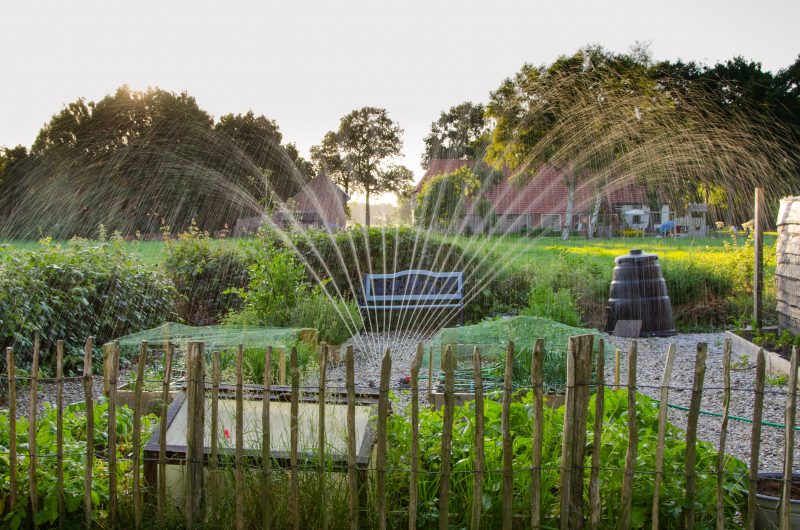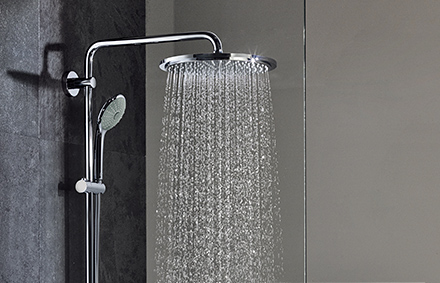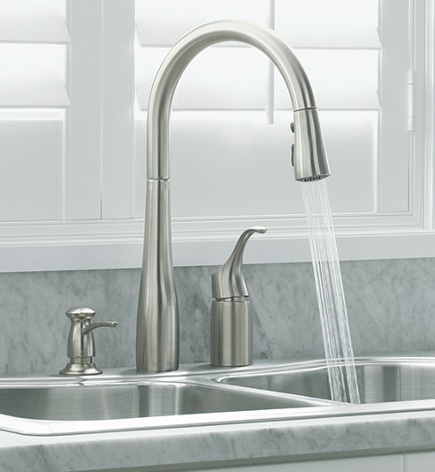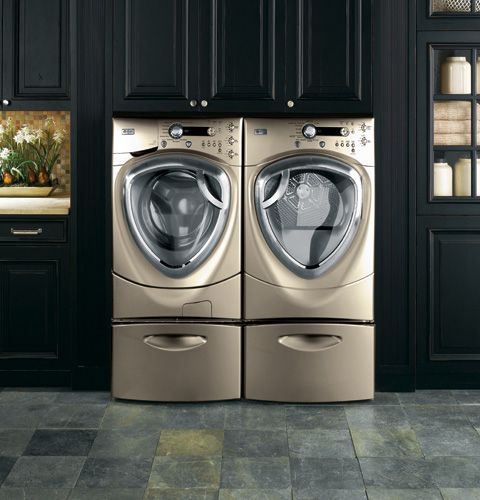
Understanding your current household water-use is essential. Your bill can often illuminate a number of elements of your overall water-use. Here are some questions to ask yourself and our answers to help cut down your water bill.
Questions to Ask When Looking at Your Bill
How much water do I use in a given month?
Begin by reviewing your water bill. Compare month-to-month usage. Here is a good source of average household water-use statistics: www.drinktap.org
Do you have any spikes in water-use?
Jumps in water-use out of seasonal fluctuations might indicate a water leak has developed. Check all faucets, external spouts, and exposed plumbing for dripping or water. Outdoor sprinkler systems are prone to leak due to their exposure to winter freezing and contact from above ground work.
Test for unseen leaks by turning off all fixtures and checking to see if water is still flowing through the water meter. If yes, give us a call.
Are You Managing Your Personal Water-Use?
Watering Lawns
Adjusting your personal water-use habits is a direct way for you to control your water-use. In the summer, water your lawn at night and for a shorter duration. Without the direct sun, water has more time to soak into the soil.
Showers
In an average home, showers are typically the third largest water use after toilets and clothes washers. Encourage shorter showers. An easy way to influence shorter shower lengths is a simple timer. Average water use per minute is 2 gallons of water. See https://www.home-water-works.org/indoor-use/showers for more information.
Common Upgrades for Low-Flow Fixtures
Toilets
Toilet flushing accounts for the single largest water-use in US buildings, an ongoing study shows water-use reduction of over 40% by replacing old toilets with low-flow units. Modern low-flow toilets use dramatically less water, function well, and are reasonably priced.
Showerheads
Most off the shelf models are inexpensive and quick to install requiring no plumbing upgrades or changes.
Faucet aerators
Aerators add air to the water, which reduces the water volume, thus lowering water-use. Aerators are easy to install, and come in different volumes, so you can experiment with acceptable levels of reduced pressure.
New appliances
Dishwashers and washing machines that use much less water then conventional machines are now widely available and have the added bonus of being more energy efficient.
Tankless Water Heaters
Tankless water heaters are good for locations far from existing hot water heaters or for high use-use fixtures such as a house with one shower. These units often require changes to plumbing and require an electrical system that can handle the high amperage. We are ready to be involved.
Where to Go From Here
Take a week to learn about your and your household water usage. Start with the no-cost adjustments of your personal water use. Then shop for new high-efficiency showerheads and faucet aerators for which you can install on your own. And for long-term planning, build a budget to make large purchases and infrastructure improvements and remember to pair these up with tax incentives and home equity improvements.






